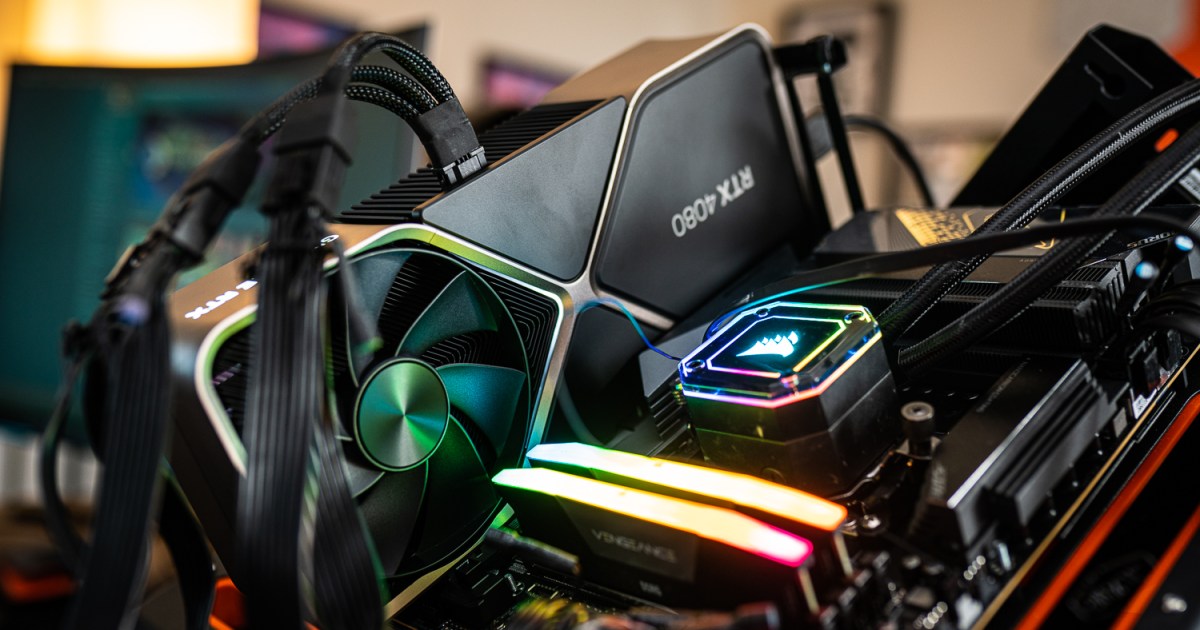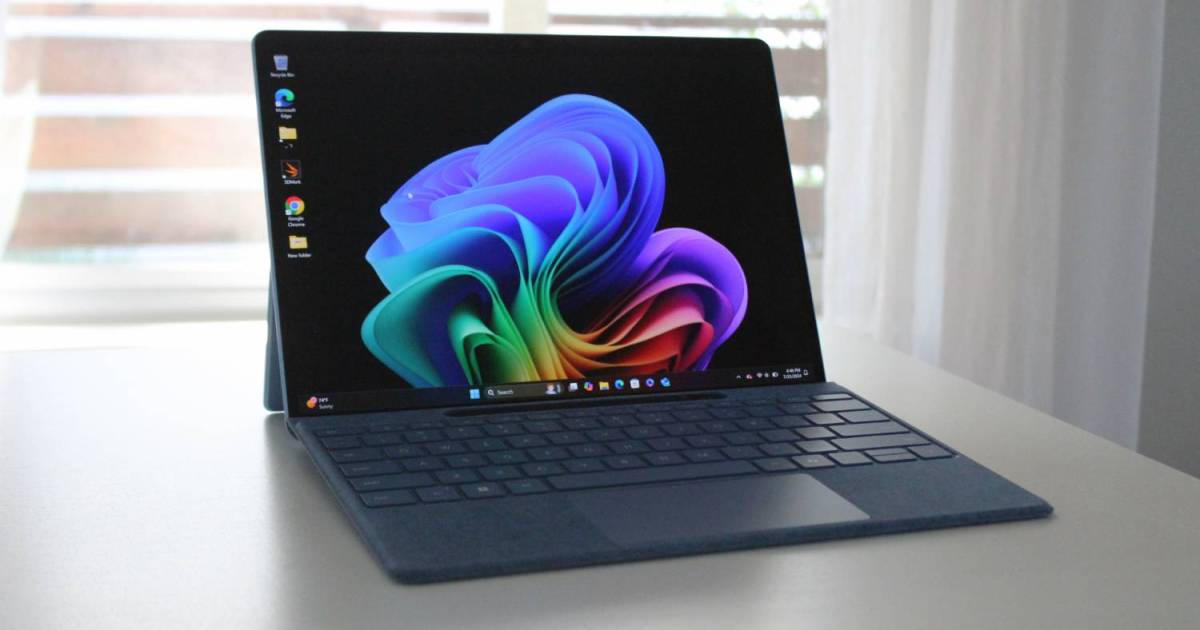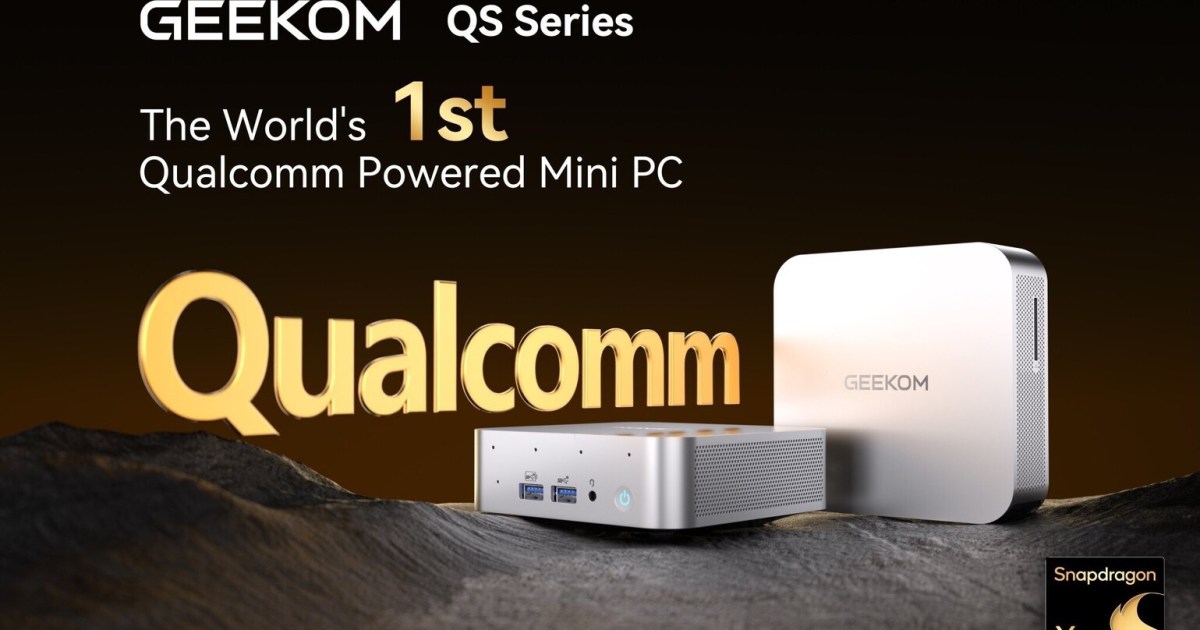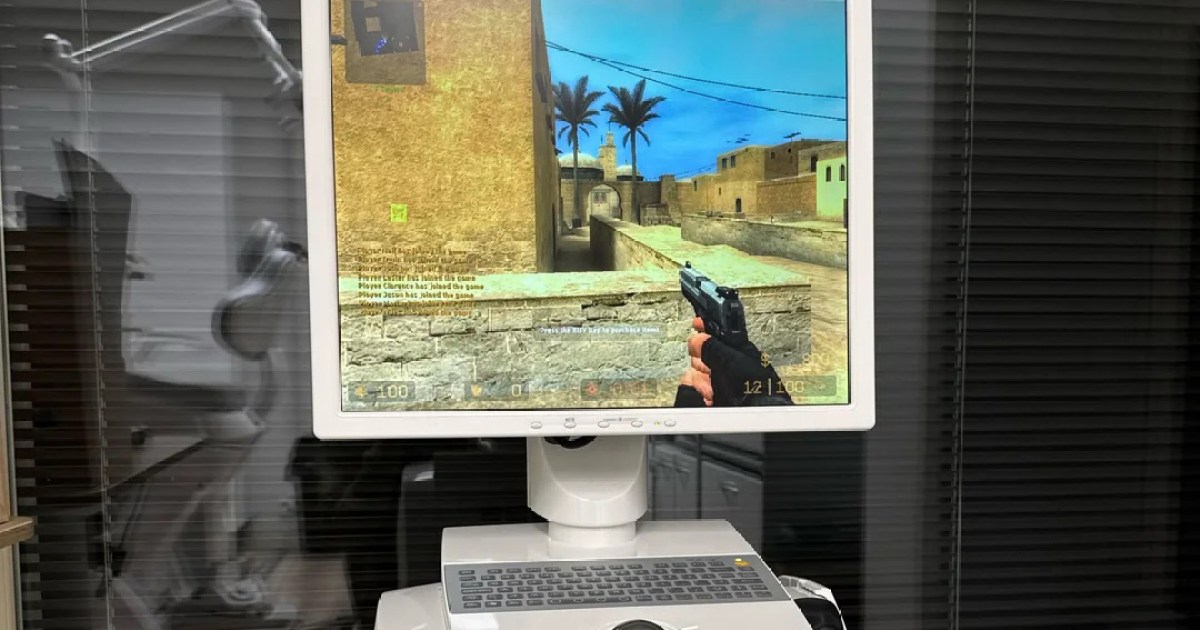The PC market could be facing a recession due to proposed tariffs on several countries, according to Jon Peddie Research (JPR). These tariffs, expected to take effect shortly after the inauguration of the next presidential term, could significantly impact the price of PC components like graphics cards and processors.
JPR’s third-quarter GPU market study highlights shifts in market share and a 12% increase in CPU shipments, but the looming tariffs overshadow these developments. “AMD and Intel released new CPUs, and there was some pent-up demand for them,” noted Dr. Jon Peddie. “However, looking forward, we think that if the proposed tariffs are imposed, the PC market will suffer a recession due to increased prices and unmatched increases in income.”
These concerns are not unfounded. The initially proposed tariffs on China were as high as 60%, and subsequent proposals have targeted Canada and Mexico. The Consumer Technology Association (CTA) estimates that laptop and tablet prices could surge by up to 45% under these conditions, but even these projections may not fully capture the potential price hikes.
The situation is further complicated by the fact that many desktop brands shifted manufacturing from China to Mexico during the previous administration to avoid earlier tariffs. Now, proposed tariffs on Mexico could negate these efforts and further exacerbate price increases.
PC hardware companies are acutely aware of the potential impact. Intel, for example, recently unveiled its Arc B580 desktop graphics card, with the Limited Edition model being manufactured in Vietnam, likely to circumvent the tariffs. Vietnam has emerged as a key player in PC hardware manufacturing amidst the ongoing trade tensions. The Harvard Business School notes that integrated circuits (ICs), essential components in all electronics, are the most common export rerouted from China to Vietnam for export to the U.S.
The reality is that most PC hardware is not manufactured in the U.S. While companies like AMD and Nvidia design their chips domestically, the actual production occurs overseas, whether in China, Mexico, or Vietnam. If these proposed tariffs are implemented, the impact on PC hardware pricing could be substantial.
The potential for a PC market recession underlines the interconnectedness of global trade and the potential consequences of trade disputes. The implementation of these tariffs could significantly increase the cost of PC components, potentially impacting both consumers and the industry as a whole.











